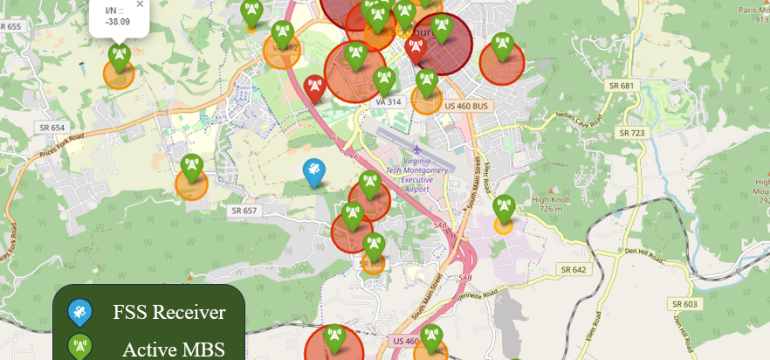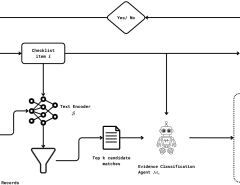Authors: Ta-seen Reaz Niloy, Saurav Kumar, Aniruddha Hore, Zoheb Hassan, Carl Dietrich, Eric W. Burger, Jeffrey H. Reed, Vijay K. Shah
Published on: February 07, 2024
Impact Score: 8.3
Arxiv code: Arxiv:2402.05273
Summary
- What is new: The introduction of ASCENT, a context-aware terrestrial satellite spectrum sharing toolset featuring a closed-loop feedback system for dynamic policy adaptation based on various contextual factors.
- Why this is important: The challenge of harmful interference to primary users in satellite bands and the complexity of implementing diverse regulatory policies on spectrum usage and sharing.
- What the research proposes: ASCENT provides a comprehensive set of tools including an interference evaluation tool, a dynamic spectrum access framework, a context broker, and a DSA database to dynamically adapt networking parameters and control access to shared spectrum bands.
- Results: Demonstrated the practicality of dynamically adjusting exclusion zones for spectrum sharing between the lower 12 GHz Ku band and 5G terrestrial networks in varying weather conditions.
Technical Details
Technological frameworks used: Closed-loop feedback system, Dynamic Spectrum Access (DSA) framework
Models used: Realistic simulation models for interference evaluation and policy impact assessment
Data used: External context information (weather, buildings, foliage), regulator’s policy information
Potential Impact
Telecommunications, especially satellite operators and 5G network providers; potentially affects regulatory bodies and policy makers.
Want to implement this idea in a business?
We have generated a startup concept here: SpectraNest.



Leave a Reply